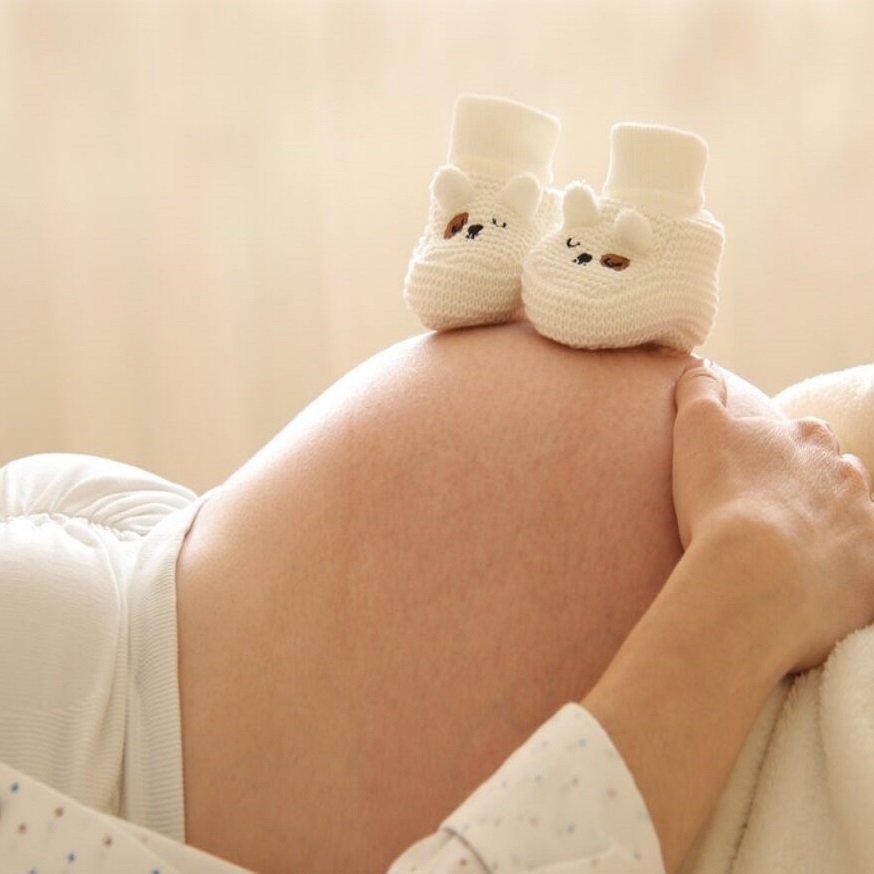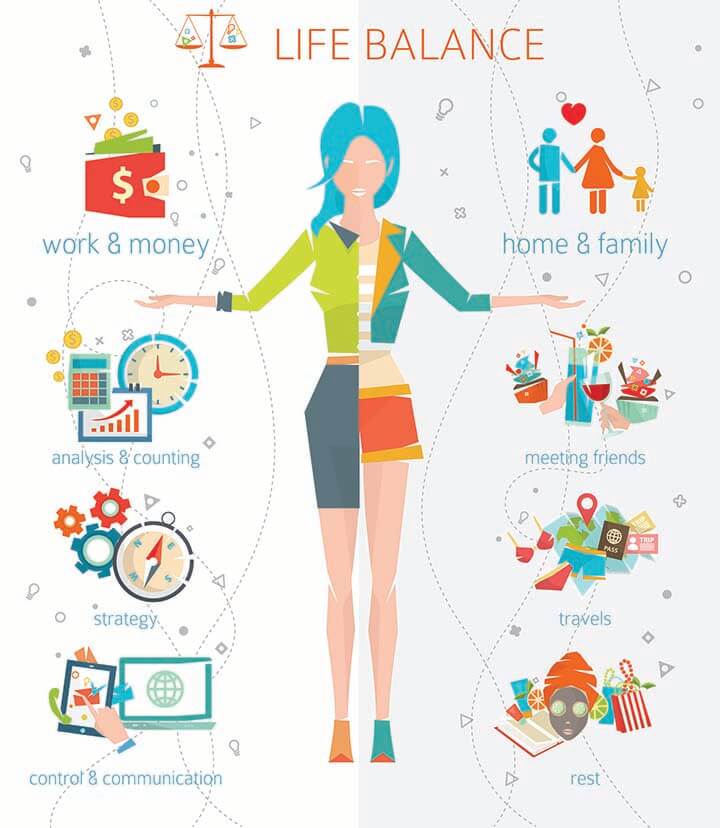If you are trying to conceive or think that you might be pregnant, it is important to know the early signs of pregnancy. While some signs will be more obvious than others, it is important to note that each individual’s experience with pregnancy is different. Knowing the early signs of pregnancy not only helps you prepare mentally and emotionally for a new baby but also allows you to take steps towards a healthier pregnancy.
Missed Periods and Implantation Bleeding
The most commonly known sign of pregnancy is a missed period. However, this symptom can easily be mistaken for something else such as stress or hormonal imbalances. Other than a missed period, implantation bleeding may occur about 10 days after conception and last up to three days. Implantation bleeding occurs when the fertilized egg attaches itself to the wall of the uterus and causes light spotting or bleeding. It is usually light in color and much lighter than your usual period flow.
Changes in Body Temperature and Mood Swings
Your hormones are changing rapidly during early pregnancy which can cause changes in body temperature and mood swings. An increase in body temperature often occurs between 1-2 weeks after conception as your body starts preparing for the embryo to grow. This increase in body temperature may make you feel hot or flushed throughout your entire body or specific areas such as your chest or face. In addition, some women may start feeling emotional due to an increase in hormone levels during early pregnancy which can cause mood swings similar to those experienced during PMS.
Nausea, Food Aversions and Cravings
One of the most common signs of early pregnancy is morning sickness which typically occurs around 4-8 weeks after conception when hormones peak. Morning sickness can manifest itself as nausea, vomiting, food cravings/aversions, fatigue and sensitivity to smells/odors. While morning sickness does not always occur at the same time for everyone, if these symptoms persist it may be an indication that you are pregnant.
It’s important to remember that each individual’s experience with early pregnancy symptoms will vary but being aware of these common signs can help you identify if you may be pregnant earlier on so that you can get proper medical care and nutrition throughout your entire journey! If any of these symptoms persist for more than two weeks it would be wise to take a home pregnancy test or contact a medical professional for further advice on how best to proceed with your potential pregnancy journey!














